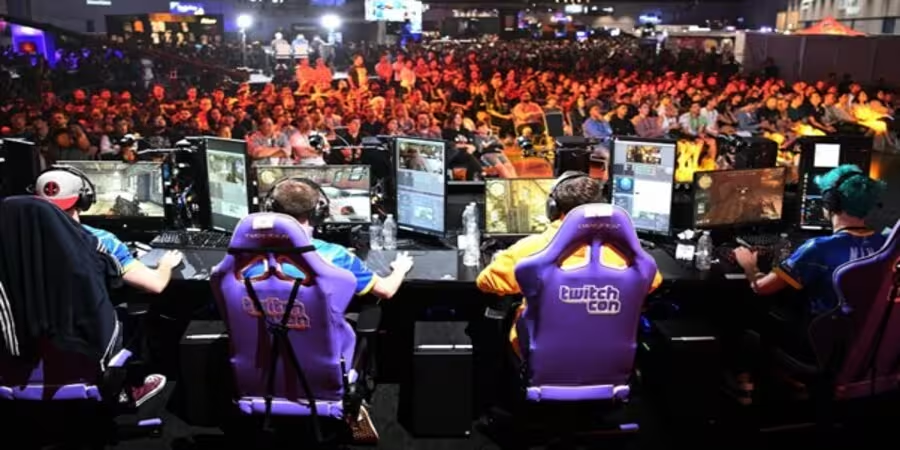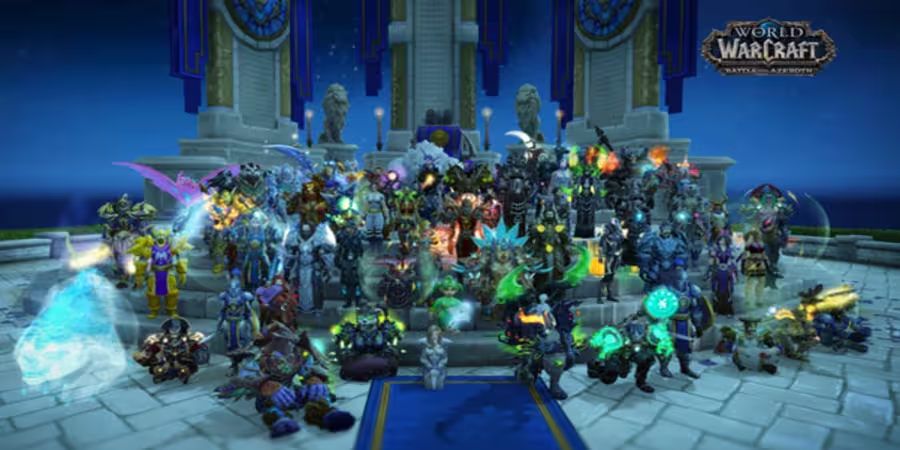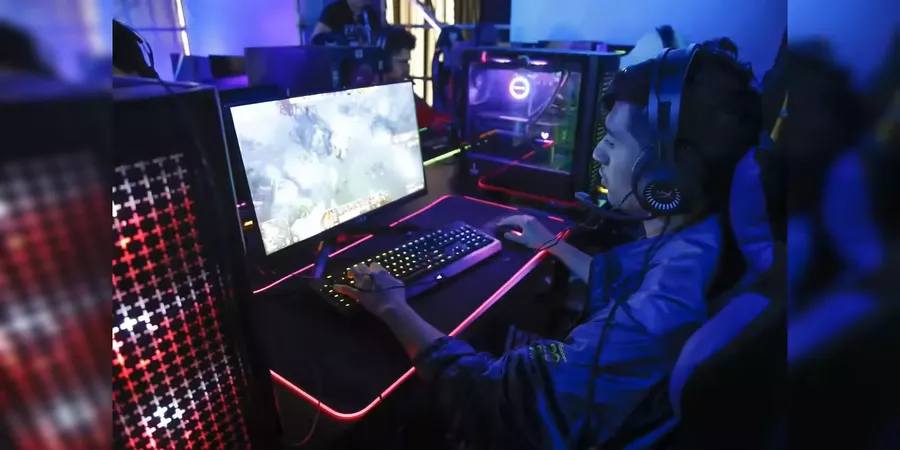In the modern era, online games are no longer just a form of entertainment—they have become a powerful social platform where players can meet, communicate, and form lasting friendships across continents. Every day, millions of individuals enter virtual worlds, often encountering strangers who become their teammates, collaborators, and in many cases, lifelong friends. Unlike conventional social media platforms, online games immerse participants in interactive, goal-oriented experiences that naturally promote cooperation, problem-solving, and empathy. These games encourage players to navigate complex challenges together, which strengthens interpersonal bonds and builds mutual respect. Beyond entertainment, gaming serves as a medium for cross-cultural exchange, providing unique opportunities to explore diverse perspectives, learn about global traditions, and develop emotional intelligence through shared experiences. The bonds formed in these digital environments often transcend geographical barriers, demonstrating that meaningful relationships can thrive in the virtual realm.
Building friendships through multiplayer platforms
Multiplayer games—including massive online role-playing games (MMORPGs), battle royales, cooperative strategy titles, and story-driven adventures—create dynamic social spaces where teamwork and communication are essential. In these environments, success often hinges on collaboration, strategic planning, and the ability to adapt quickly to evolving challenges. Players are frequently placed in high-stakes scenarios where mutual trust and coordinated action determine the outcome, naturally fostering strong interpersonal connections. Over time, repeated collaboration transforms casual teammates into dependable friends who support each other both in and out of the game. Features like in-game chat, voice communication, and team-based events further strengthen these bonds, allowing players to coordinate, share strategies, and celebrate victories together. Regular participation in tournaments, seasonal challenges, and cooperative missions provides continual opportunities to interact, deepening friendships while enhancing social skills, leadership qualities, and teamwork abilities. These multiplayer experiences illustrate how shared objectives and collaborative efforts are fundamental in forging meaningful and lasting relationships in online gaming communities.
Cross-cultural communication in online games
One of the most unique aspects of online gaming is its potential to foster cross-cultural understanding. Players routinely engage with individuals from diverse linguistic, cultural, and social backgrounds, which encourages adaptability, empathy, and global awareness. Coordinating strategies, planning missions, or discussing gameplay techniques often requires negotiating different communication styles, resolving misunderstandings, and finding common ground—all of which develop critical interpersonal skills. Tools such as the cs2 sens converter play a significant role in these interactions by allowing players to optimize their control settings, ensuring smoother performance regardless of regional hardware differences. This technical standardization enables international teams to focus on collaboration rather than struggling with inconsistent gameplay mechanics, enhancing efficiency and engagement. Furthermore, exposure to diverse gaming cultures helps players appreciate varied approaches to teamwork, strategy, and problem-solving, making online games an organic platform for intercultural learning and empathy development. These experiences often lead to deeper connections, where players learn to value perspectives different from their own while forming meaningful friendships that transcend borders.
Social platforms and gaming communities

Beyond individual games, thriving online communities provide continuous social interaction and connection opportunities. Platforms such as Discord servers, Reddit forums, and dedicated game communities allow players to extend conversations, share strategies, organize events, and participate in collaborative projects outside the core gameplay. These communities often foster mentorship, where experienced players guide newcomers, and enable the formation of both casual and competitive teams. Gamers can also share achievements, creative content, and technical tips, strengthening social bonds and creating a sense of belonging. Active engagement in these spaces develops communication skills, leadership abilities, and emotional resilience, as players navigate diverse personalities and maintain constructive interactions. Additionally, these communities often host global competitions, collaborative events, and cultural exchanges that enrich social experiences, providing both entertainment and opportunities for personal growth. In this way, online gaming communities serve as comprehensive social ecosystems where lasting friendships, professional networking, and cultural understanding co-exist.
The impact of shared achievements
Accomplishing goals together in online games—such as defeating difficult bosses, winning competitive matches, or completing rare challenges—creates profound emotional connections. Shared achievements foster mutual respect, trust, and a sense of collective pride, while simultaneously reinforcing collaboration and perseverance. Many gamers report that their closest relationships developed while celebrating victories or navigating obstacles together in virtual worlds. Beyond in-game success, these experiences cultivate resilience, empathy, and problem-solving abilities, demonstrating the value of teamwork in both digital and real-life contexts. Seasonal events, ongoing competitions, and community-driven challenges ensure that players regularly interact, creating a continuous cycle of collaboration and shared accomplishment. The sense of belonging and recognition derived from shared achievements highlights the emotional depth and social significance of gaming interactions, illustrating that online friendships are not merely superficial but built upon meaningful shared experiences.
Conclusion
Online games have transformed into multifaceted social platforms where players from every corner of the world can form meaningful, lasting friendships. Through cooperative gameplay, cross-cultural communication, community engagement, and shared accomplishments, individuals develop critical social, emotional, and cognitive skills while building authentic connections. Tools like the cs2 sens converter enhance these interactions by ensuring technical equality, improving performance, and allowing teams to focus on collaboration rather than hardware limitations. As online gaming continues to expand, it will remain a powerful medium for cultural exchange, personal growth, and social interaction, demonstrating that relationships forged in virtual worlds can be genuine, enriching, and enduring. The virtual landscapes of online games offer unique opportunities to connect, understand, and support people worldwide, proving that friendship knows no boundaries.








